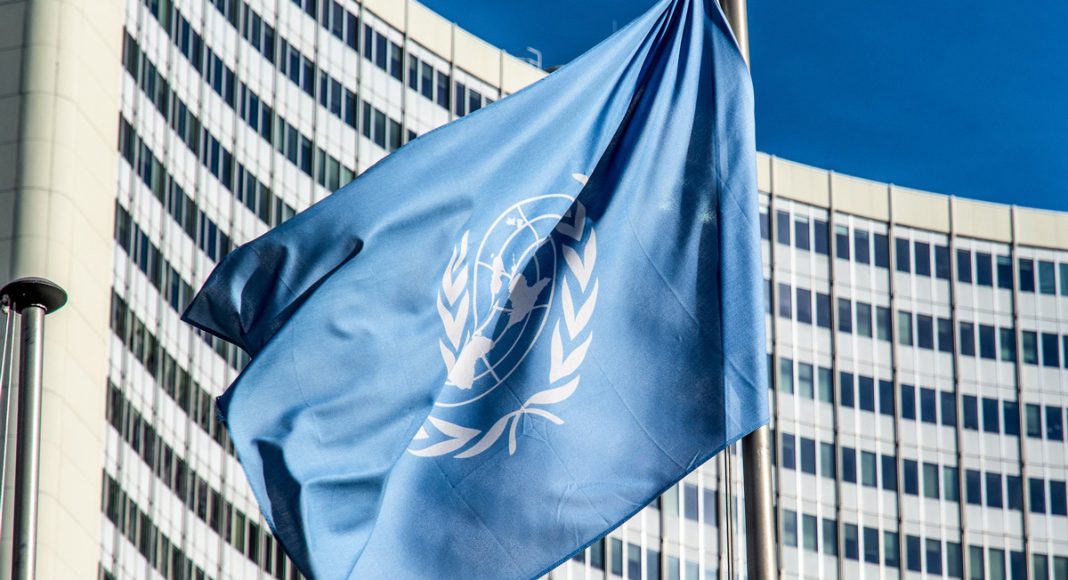It is time for the world to rethink how it approaches the illegal drug culture. Because the scheme the United Nations has used over the past decade to put a leash on the black market dope trade has been a “spectacular failure of policy,” according to a new report by the International Drug Policy Consortium (IDPC). Not only has this plan shaped up to be a miserable failure, but it is one that has contributed to an overall increase in drug abuse and unnecessary violence.
Rather than eliminate the illicit drug market by 2019, which is what the plan was designed to accomplish, the UN gave new life to the war on drugs, the report reads. Drug supplies have continued to increase, while drug use is skyrocketing into dangerous territory.
Over the last 10 years, in addition to the drug-related massacres in the Philippines and Mexico, which has claimed the lives of tens of thousands, drug-related deaths have risen 145 percent worldwide. The United States alone was responsible for 71,000 drug overdose deaths in 2017.
By all accounts, it seems the UN has underestimated its opposition.
This remarkable failure has the IDPC calling for the UN General Assembly Special Sessions on Drugs to revamp the way it is dealing with this issue and motivate toward a policy rooted in common sense. But sadly, while the latest report proves the UN’s retaliation efforts are futile, there is not much hope that change is coming.
“This report is another nail in the coffin for the war on drugs,” Ann Fordham, the Executive Director of IDPC, said in a statement. “The fact that governments and the UN do not see fit to properly evaluate the disastrous impact of the last ten years of drug policy is depressingly unsurprising.
“Governments will meet next March at the UN and will likely rubber-stamp more of the same for the next decade in drug policy,” she added. “This would be a gross dereliction of duty and a recipe for more blood spilled in the name of drug control.”
The report shows the UN’s mission to eradicate the illegal drug market is arrogant and a waste of time. Moreover, it has done nothing to improve public health and safety.
“Since governments started collecting data on drugs in the 1990s, the cultivation, consumption and illegal trafficking of drugs have reached record levels,” wrote Helen Clark, former Prime Minister of New Zealand and a member of the Global Commission on Drug Policy, in the report’s foreword.
“Moreover, current drug policies are a serious obstacle to other social and economic objectives and the ‘war on drugs’ has resulted in millions of people murdered, disappeared, or internally displaced.”
No matter how much it has been proven that the world cannot arrest, incarcerate and execute its way out of the drug problem, the UN continues to support these methods of control instead of policies that focus on human rights and health. Portugal has had great success with this type of blueprint.
But the UN says, for better or worse, it is trying.
“Obviously, there have been significant successes and failures in dealing with the problem of drug trafficking, and we’ve made that clear over the many remarks we’ve made about the drug problem each year,” Farhan Haq, deputy spokesman for the UN Secretary-General, told CNN.
“The UN Office on Drugs and Crime is the foremost agency in the United Nations that deals with this issue. They continue to deal with the problem. It’s clear from UNODC’s work that they don’t see the efforts as a failure so much as they see it as something, a task which is incomplete. And ultimately, what they are trying to do and what we will continue to press nations to do is have all countries work together to deal with this problem.”
Just last week, Canada became the first G7 nation to legalize marijuana for recreational use – a move that goes against the UN’s drug treaties. Other countries are now looking at imposing similar reforms. There is even talk that the United States may inch closer to federal legalization if the Democrats can gain control of the U.S. House following the November election. The IDPC report shows that marijuana is the primary “drug” of choice across the globe. The UN’s World Health Organization is supposed to make a rescheduling recommendation ahead of next year’s UNGASS meeting.
Last year, the United Nations and the World Health Organization expressed support for drug decriminalization. But stubborn nations, including the United States, continue to hold back a new era of drug reform.


